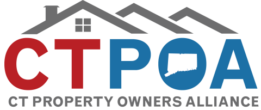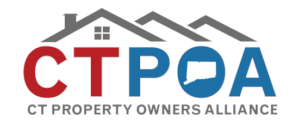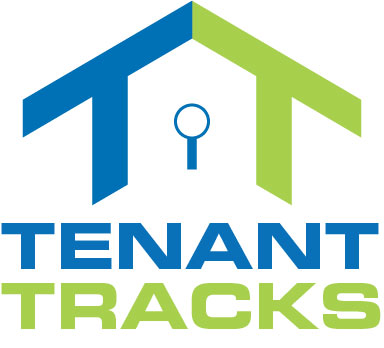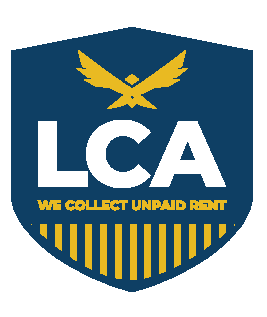Fair housing laws are a critical aspect of property management in Connecticut. Understanding and adhering to these regulations is not only essential to avoid legal repercussions but also to foster a respectful and inclusive living environment for all tenants.
What is Fair Housing?
Fair housing laws prohibit discrimination in housing based on specific protected classes. In Connecticut, these protected classes are broader than federal law and include:
- Race
- Color
- Religion
- Sex
- National origin
- Disability
- Familial status
- Age
- Ancestry
- Marital status
- Sexual orientation
- Gender identity or expression
- Lawful source of income
This means landlords cannot refuse to rent to, or treat tenants differently based on any of these characteristics.
Common Fair Housing Violations
Landlords should be aware of common fair housing violations to avoid inadvertently breaking the law. These include:
- Discriminatory Advertising: Using language in advertisements that suggests a preference for a particular group.
- Refusing to Rent: Denying housing to someone based on a protected class.
- Setting Different Terms: Offering different terms and conditions to applicants based on a protected class.
- Harassment: Creating a hostile living environment for a tenant based on a protected class.
- Refusing to accept Companion Pets: These are not pets but are essential for a tenants life function and even if you have a No Pet Clause in your lease, you can not deny a tenant if they have a support animal.
- Discriminatory Housing Practices: Steering tenants to certain neighborhoods or refusing to show properties in certain areas based on protected classes.
Reasonable Accommodations and Modifications
The Fair Housing Act requires landlords to make reasonable accommodations for tenants with disabilities. This may include allowing pets for tenants with service animals or modifying the property to accommodate a disability. If physical modifications are required, then in most cases, the tenant pays for these alterations
The Importance of Fair Housing Training
To ensure compliance with fair housing laws, landlords should consider attending fair housing training sessions. These sessions can provide valuable information on how to avoid discriminatory practices and create a welcoming environment for all tenants.
The CTPOA and Fair Housing
The Connecticut Property Owners Association (CTPOA) is committed to educating its members about fair housing laws.By joining CTPOA, landlords gain access to resources and support to help them comply with these important regulations.
Understanding and adhering to fair housing laws is essential for Connecticut landlords. By creating an inclusive and welcoming environment for all tenants, landlords can protect their investments and contribute to a more equitable community.
To learn more about fair housing laws and how CTPOA can support you, visit ctpoa.com.
Disclaimer: This information is intended as general guidance and does not constitute legal advice. It is essential to consult with legal professionals for advice specific to your situation.








